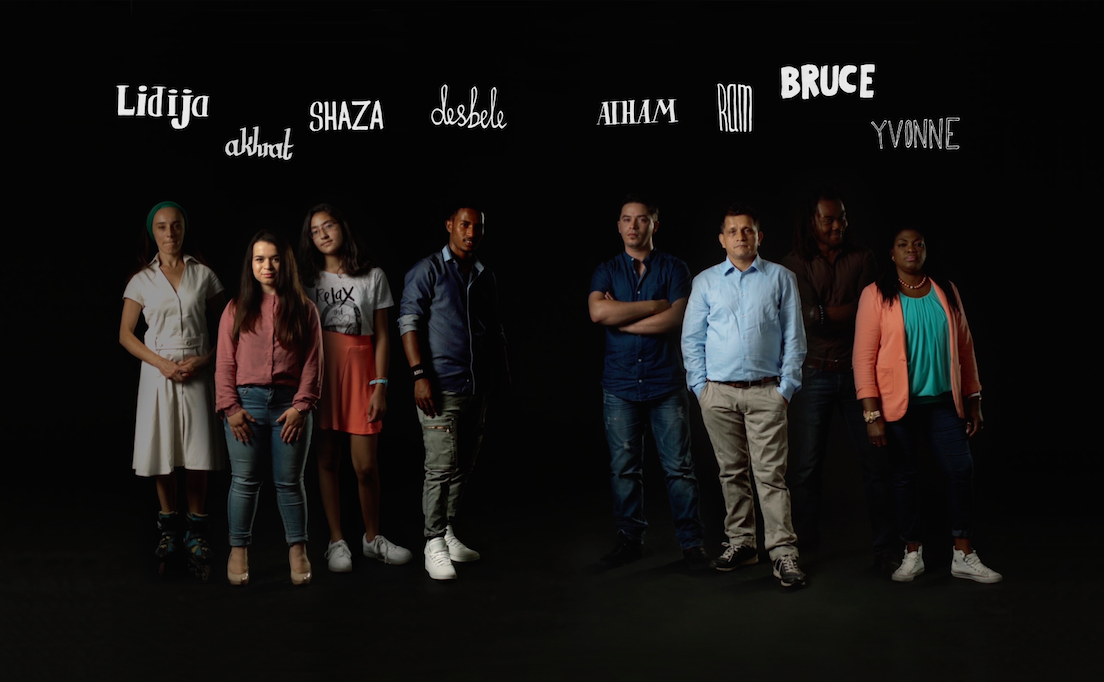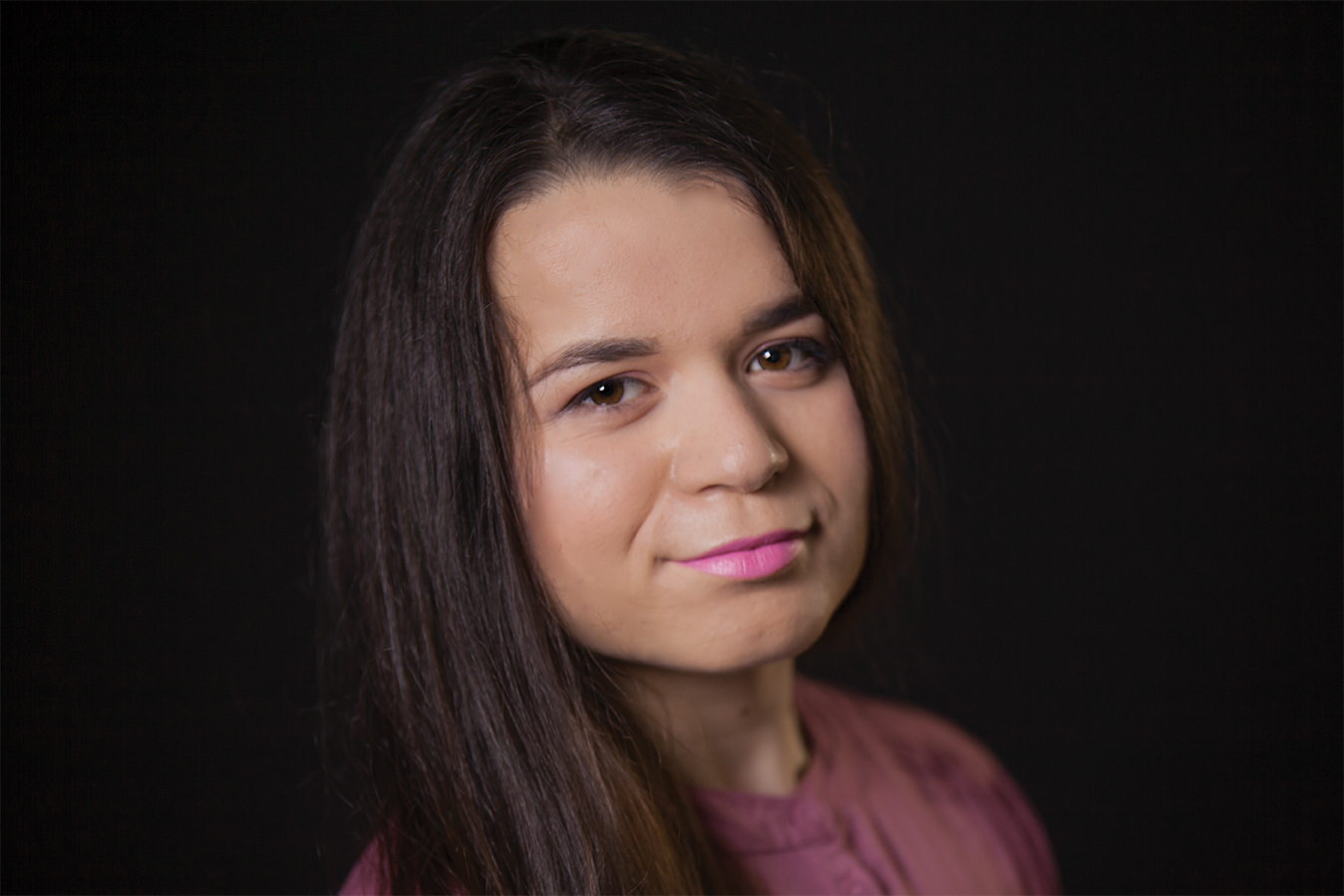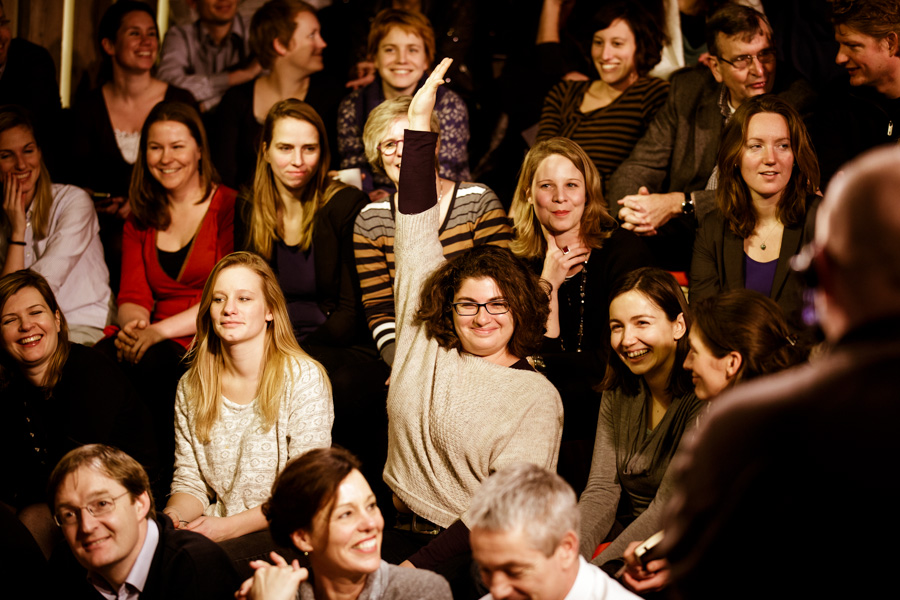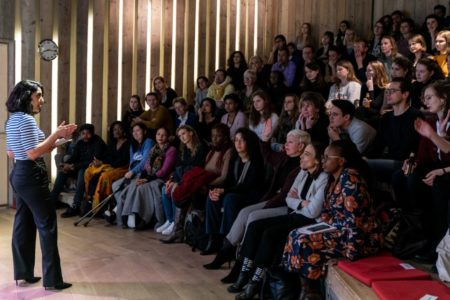How do you forgive the person who shot your child? This is the central question in ‘One day after peace’. In this moving and award winning documentary we follow the personal search of Robi Damelin. She lost her son David to a Palestinian sniper’s bullet. After the sniper refused her request for dialogue, Robi travels to her native South Africa. There she hopes to learn from the truth and reconciliation methods that were applied after the apartheid regime.
In order to bring closure to the past, South Africa chose to set up a Truth and Reconciliation Commission. Human rights offenders could get amnesty in exchange for sharing the truth. After her son’s death, Robi Damelin leaves to her native country and talks to perpetrators and victims of apartheid. What has the South African method brought them? And can Israel and Palestine learn from this? To what extent is forgiveness and reconciliation possible after so much enmity?
About the discussion
After the film we talk with historian and philosopher Michael Onyebuchi Eze about the film and about Ubuntu, the philosophy that underpinned the Truth and Reconciliation Commission. How did Ubuntu philosophy influence the progress of forgiveness and reconciliation? What can other countries learn from it?
Michael Onyebuchi Eze. Political scientist, historian and philosopher. Michael currently teaches African political theory at the University of Amsterdam and graduate study at Trinity Hall, University of Cambridge. Michael has written extensively on the Ubuntu philosophy and its meaning for political change.
About the film
Director: Erez Laufer
Countries: South-Africa, Israel and Palestine
Year: 2012
Lenght: 86 min.
Spoken language: English, Hebrew
Subtitles: English
Join the discussion and stay updated via our Facebook event.






